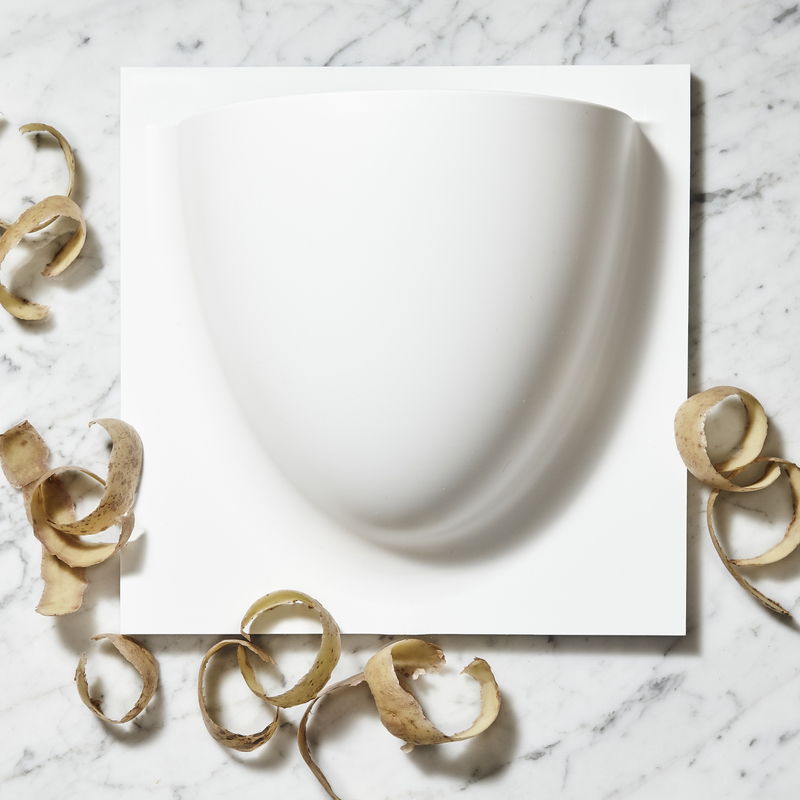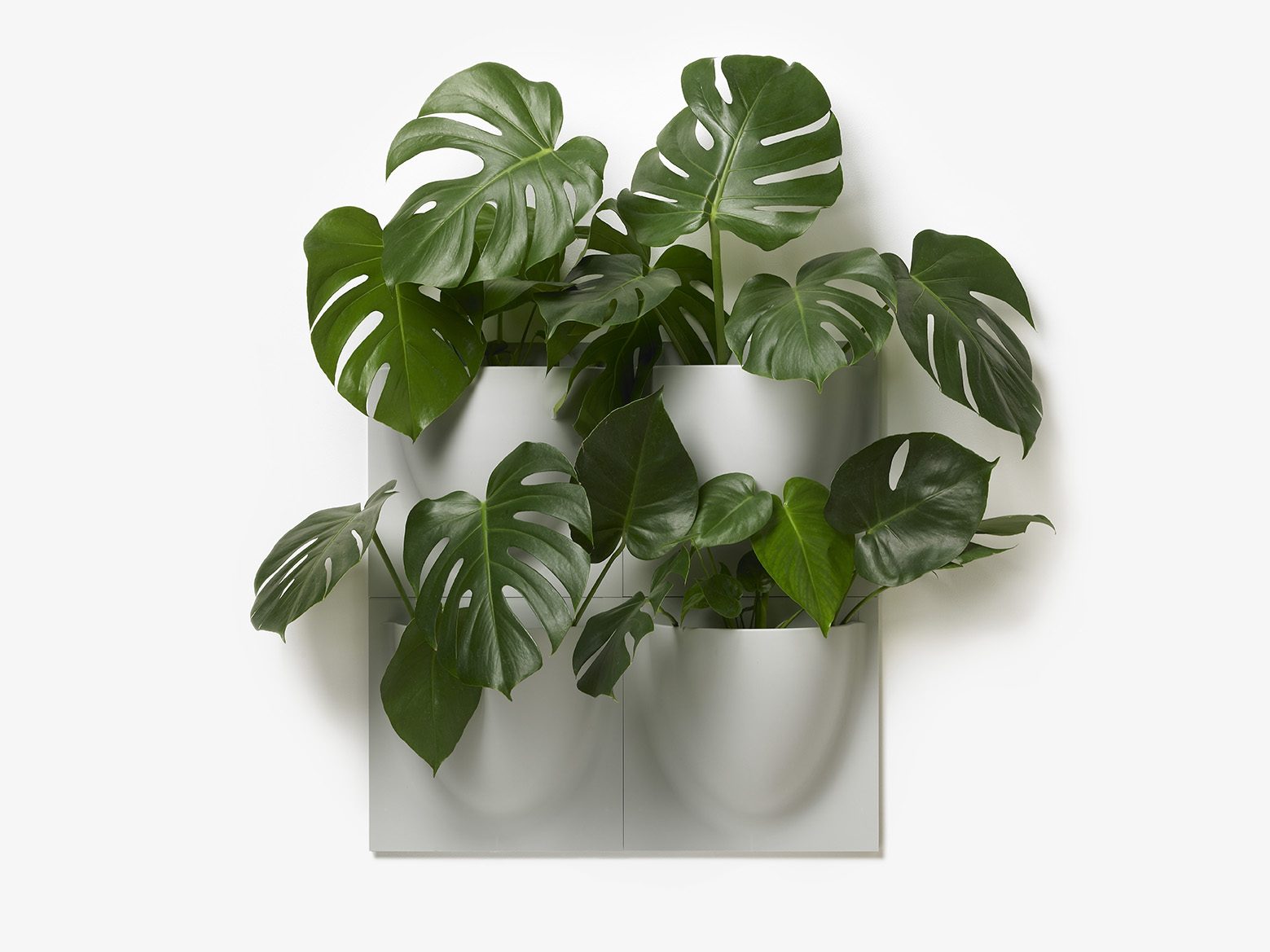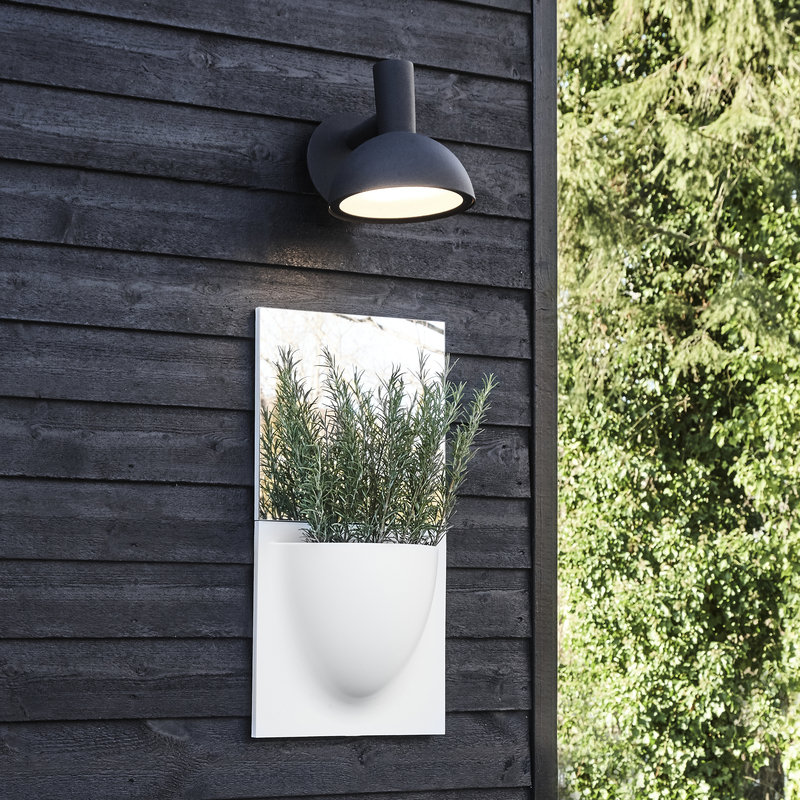Plants instead of plastic
Verti Copenhagen’s products are made from potato peels and other plant residues.
No use of plastic, only an innovative plant-based material. BIO-material.
The material consists of almost 94% plants which means we only emit about 6% CO2.
The products are produced in Denmark at a factory that primarily uses renewable energy, such as wind energy and solar power.
Verti Copenhagen has a sustainable agenda and together we can do better.


Safe for you – and our planet
- Made from biopolymer
- Consists of 94% plant biomass
- 6% from being CO2 neutral
- 100% safe to store food in
YOU DON’T NEED SUPERPOWER TO MAKE A DIFFERENCE!
Our Sustainable Development Goals
The factory in Denmark uses wind energy and solar power for the production. The excess energy produced during production are diverted into the local city as a heat resource. With this choice of materials and way of production Verti Copenhagen also contributes to UN’s Sustainable Development Goals (goal number 12, which ensure sustainable consumption and production patterns).
Verti Copenhagen contributes to a better indoor environment for people who have plants in their VertiPlants. With this opportunity, Verti Copenhagen contributes to the development of sustainable cities and enables the establishment of more green areas in an innovative way, which is in line with target number 11 and 11.7. These goals seek to make cities and human settlements inclusive, safe, resilient and sustainable.

Our development goals
Innovative Plant-Based Material
We have succeeded in producing products in biopolymer, which is a material consisting of 94% plant- and organic biomass materials, rather than traditional plastic. We are now able to say: “VertiPlants – Made from Plants.” This material lives up to our high-quality standards and at the same time goes hand in hand with a sustainable production. For example, biopolymer consists of residues from potato chip production or residues from sugar production. The remaining 6% is color and the element calcium.
When can plastic be defined as biopolymer. Typically, a plastic material is defined as biopolymer when it contains at least 20% raw material from biological origin. According to the EU standard EN 16785, biomaterials are divided into a system where 20-40% bio-based content receives one star, 40-60% receives two stars, 60-80% receives three stars and over 80% will be given four.
The technical term for this type of biopolymer is EU bio-approved with 4 out of 4 stars and is therefore 6% from being a CO2 neutral material.
The material complies with the EU legislation of food, and you can therefore plant herbs or store fruits and vegetables in your VertiPlants and VertiPlants Mini.
Production
Our products are manufactured in Denmark using primarily renewable energy such as wind energy and solar power.
From 2021 all products will be manufactured in Denmark in an innovated plant-based natural BIO-material, but there will still be products with conventional material in stock.


